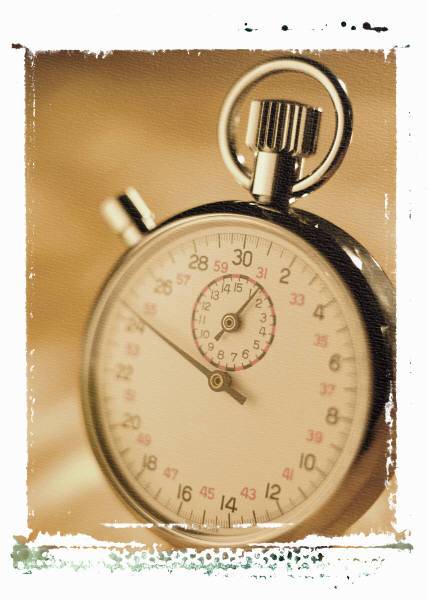What is the ideal rate of speech?

Are you fast talker? If you are, you may be losing the most important person in the room: the listener! A good rate of speech ranges between 140 -160 words per minute (wpm). A rate higher than 160 words per minute can be difficult for the listener to absorb the material. There may be some areas of the country that speak at faster rates but a slower rate is preferable. Too slow of a rate may give the listener the perception of slow thinking, incompetence and being uneducated. If you have a foreign accent though, speaking slowly is crucial since pronunciation may be a challenge for the listener. Use a speed that is closer to 140 words per minute.
Have you ever heard the difference between different rates? I encourage you to “hear” for yourself! I have recorded the same passage for you so that you can compare. What might be most helpful (especially if you don’t have time to listen to them all) is just listen to 140, 170 and 200 wpm. Take note of the differences you hear (intonation, pronunciation, etc.) and the way each rate makes you feel.
The rate of speech that we speak at is highly individual. Speech rate affects the listener’s perception of the speaker and the relative importance of the message. Imagine “I Have a Dream” by Martin Luther King spoken at a fast rate. The length of time that the speech was spoken gives us time to imagine and to process the information. We wouldn’t process this meaningful and complex information if it had been spoken more quickly. In fact, we would most likely lose interest. A slow rate signals importance and sends a message that the content should be taken seriously.
Now if the content is unimportant and spoken too slowly, the listener may become impatient and bored and consequently lose interest, too. A slow speaker telling a story about a trip to the grocery store or a meeting agenda or something else less important, may find the listener watching with glazed over eyes.
Second language learners often speak the new language at the same rate they adopted in their first language. Given that there are generally some language errors present, speaking at a slower rate of speech will increase non-native English speaker’s chances of being better understood.
Humor, and light, frivolous messages are best expressed at a faster rate because we process that information a lot quicker.
When determining the rate of speech you want to use, analyze the content of your message. No matter what speed you choose, be sure to show enthusiasm through vocal variety and facial expression.
Tags: clearly speaking, ideal pace, lynda stucky, presenting, rate of speech, speaking executive, words per minute

Is the rate of speech need to be slower when speaking over the phone?
Yes, Anne. That’s a great idea because there are no visual cues for your listener. You’ll want to speak even more slowly on the phone.